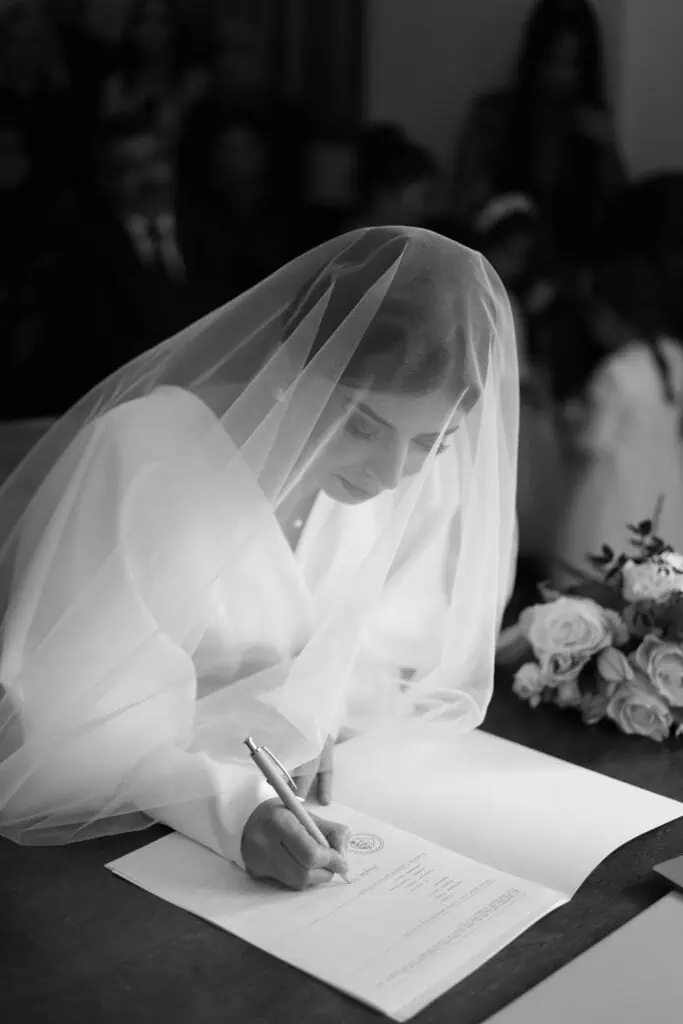Marriage Certificates and Legal Needs for Weddings Abroad

Getting married abroad can be a dream come true, sunshine, unique traditions, and unforgettable memories. But before you jet off, it’s vital to understand the legal steps involved. A marriage certificate plays a big role, and missing even a single requirement can delay or invalidate your union. This guide walks you through what you need and why it matters.
Why a Marriage Certificate Is Important
A marriage certificate is more than just a keepsake. It’s an official legal record proving your union. If you’re planning to get married overseas, different countries have different rules for recognising marriages. Your marriage certificate might not be valid abroad unless it’s translated and legalised.
If you’re marrying in another country, you may also need a Certificate of No Impediment (CNI). While this document proves you’re free to marry, remember that it isn’t automatically provided and you must request it from your local register office.
In case your relationship ends and you are asking yourself questions like “I got married abroad how do I get divorced?”, ensuring your certificate is legally recognised in both countries can help prevent major complications down the line.
Legalising Your Certificate for Use Overseas
To use your marriage certificate abroad, you’ll usually need to get it legalised by the Foreign, Commonwealth & Development Office (FCDO). Legalisation confirms the document is genuine and accepted by foreign authorities.
If you’re marrying abroad and need to prove your marriage later, for example, for visa applications or tax reasons, you might need an apostille stamp. This stamp makes your certificate valid in countries that are part of the Hague Convention.
Additionally, if the destination country speaks a different language, you’ll likely need a certified translation. Make sure it’s translated by an authorised professional, as some countries won’t accept personal translations or unverified versions.
Documents You Might Be Asked For
Every country sets its own rules, but here are some common documents that may be required before or after your wedding abroad:
- Valid passports
- Full birth certificates
- Certificate of No Impediment (CNI)
- Decree absolute (if divorced)
- Death certificate of former spouse (if widowed)
- Legalised or apostilled marriage certificate
Always check with the embassy or local registry office in the country where you plan to marry. Requirements can vary greatly between locations.
Tips to Avoid Delays and Legal Issues
If you want to ensure there are no delays and legal issues, here are some practical tips that can benefit you:
- Start early: Some documents, like the CNI, can take weeks to process.
- Double-check local laws: Some countries require couples to be residents for a certain number of days before the ceremony.
- Keep certified copies: These can help you prove your marriage status when applying for spousal visas, tax benefits, or inheritance rights.
- Consult a solicitor if your situation is complex, especially if dual nationality or past marriages are involved.
Take the Next Step With Confidence
Getting married abroad is exciting, but the paperwork behind it is just as important as the celebration itself. From legalising your certificate to keeping the right documents on hand, planning ahead ensures that your marriage is legally sound at home and abroad.
Need help verifying your marriage certificate or translating it for use overseas? Reach out to a qualified professional who understands international marriage laws.
Free Wedding
Giveaways + Sweepstakes
Enter sweepstakes & giveaways and enter to win a free honeymoon when you join. New winners are announced every week!